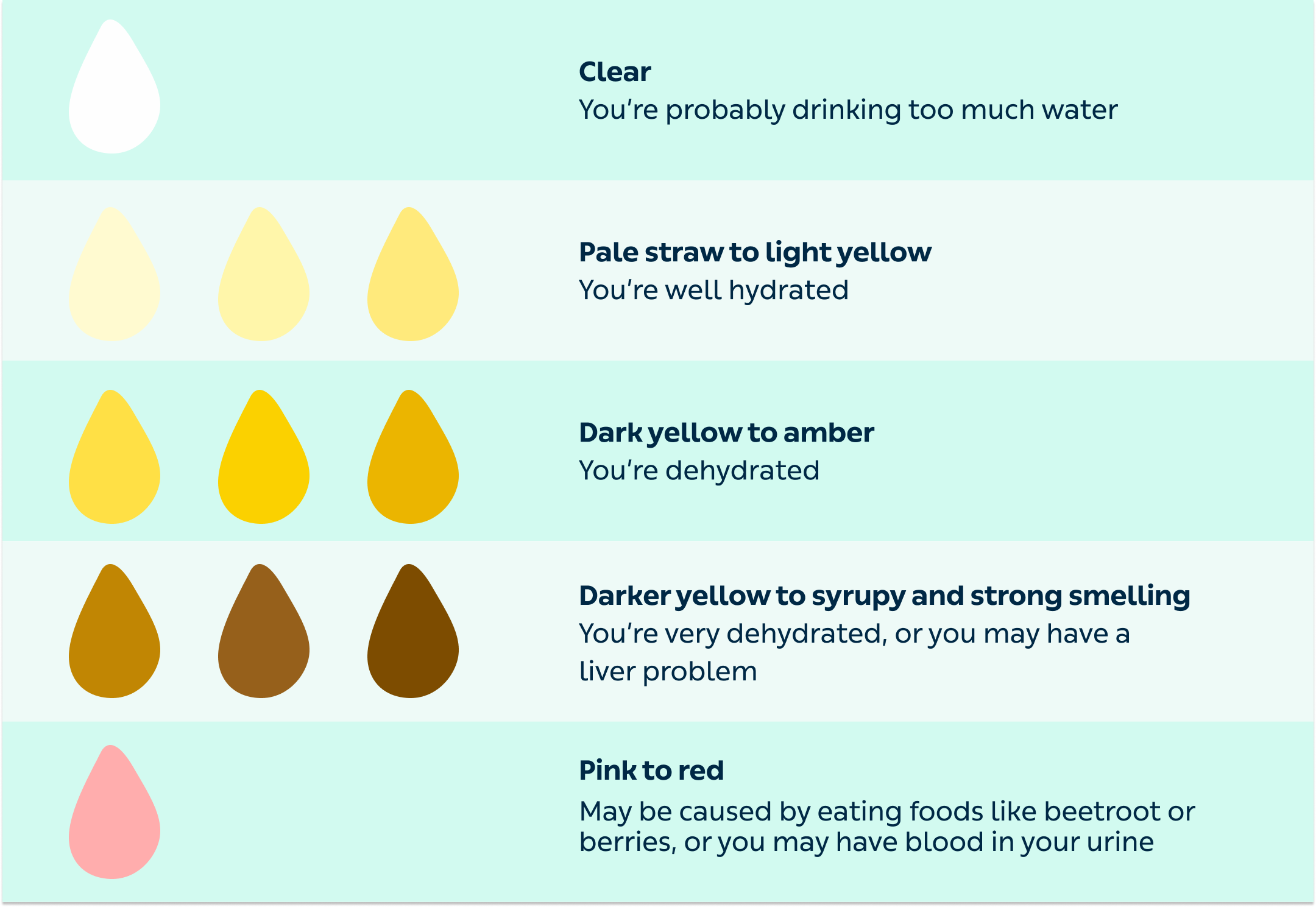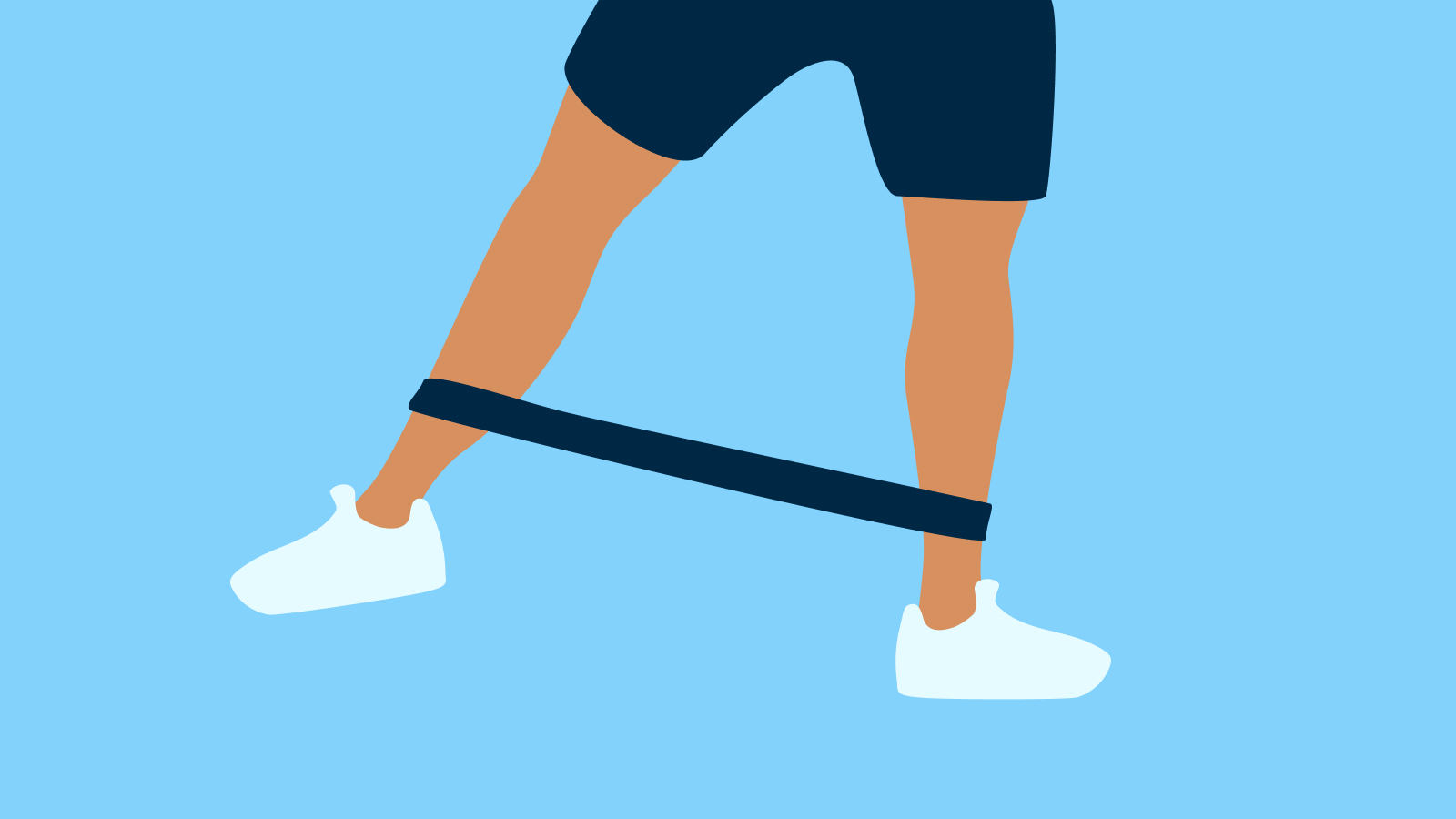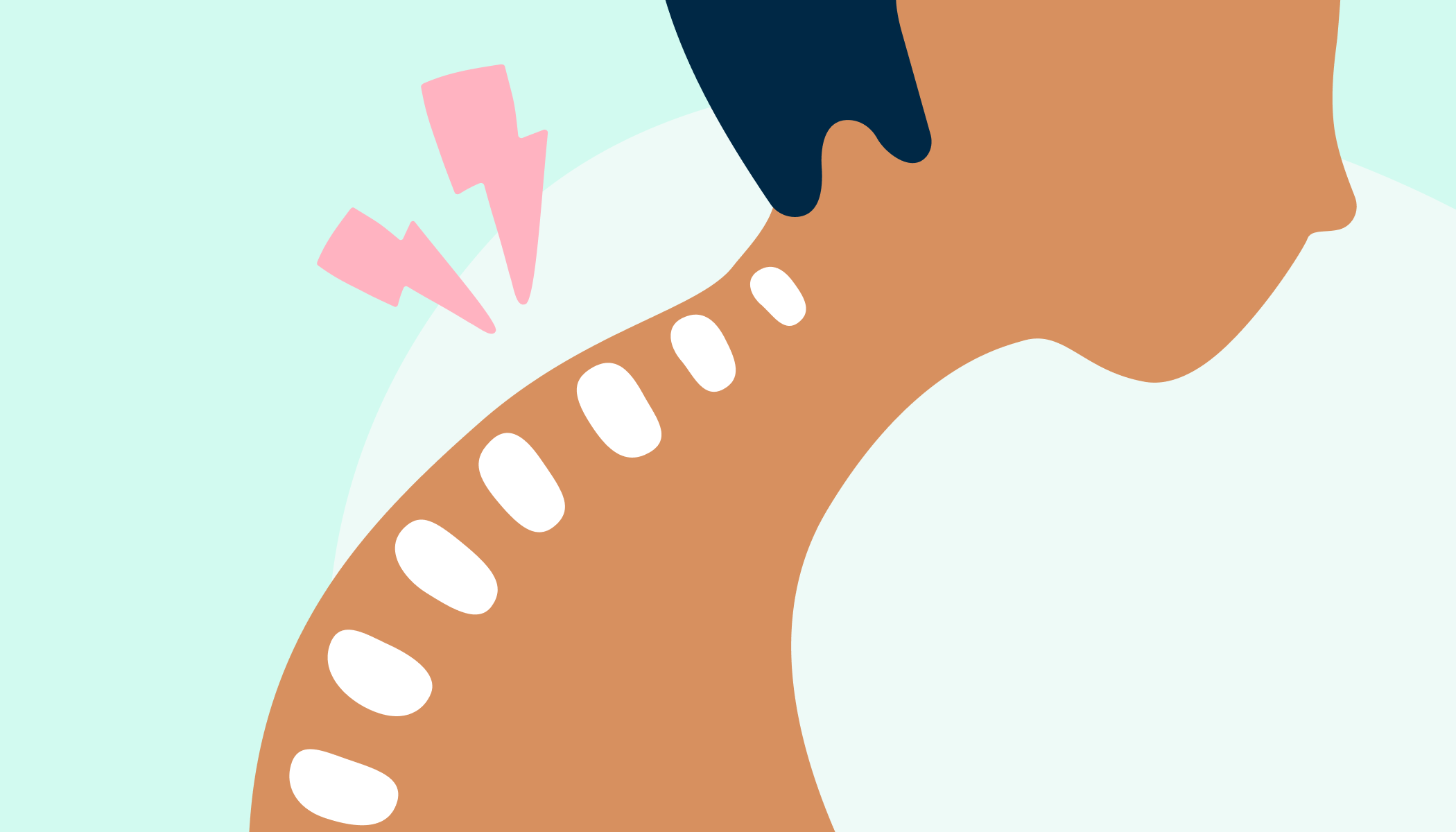With summer approaching, it’s natural to start dreaming about picnics in the park and barbecues in the garden. But how much are you thinking about your hydration levels – and do you know how to notice the symptoms of dehydration?
Why is hydration important for my health?
Our bodies need water for a whole host of essential functions. Water carries nutrients to the cells and transports the waste away, and it cushions and lubricates the brain and the joints. Through perspiration, it also helps to regulate the body’s temperature.
It means that dehydration, which is when the body loses more water than it takes in, can have an impact on almost every part of our body.
Even mild dehydration can affect our ability to concentrate. It can lead to headaches, extreme tiredness and constipation. A lack of water can make the skin dry, dull and itchy. There is even some evidence to suggest it can impact the quality of our sleep.
How much should I drink each day?
The answer depends on lots of factors – from your age to the weather to individual health conditions – and the advice is varied. In 2004, the US Institute of Medicine of the National Academies recommended around 2.7 litres of water a day for women and 3.7 litres for men, while the NHS’s Eatwell Guide recommends you drink 6-8 glasses per day.
Which drinks count towards my intake?
‘While people tend to need about 3 litres of fluids a day, there are no hard and fast rules on how to achieve that,’ says Dr Samuel Menon, Lead GP at Livi.
‘It doesn’t always have to be through water that we measure out and carry around with us. Water also comes from the food we eat and other fluids we consume, from juices to tea and coffee.’
Dr Menon also recommends being mindful of your caffeine intake. As a diuretic, caffeine tricks the kidneys into releasing more urine than they should.
What’s the science behind hydration?
The body has a complex process for balancing fluid levels.
It closely monitors the osmolality, or the concentration of substances such as salt and potassium, in bodily fluids. When the concentration is too high, the body releases an antidiuretic hormone (ADH). This tells the kidneys to save water by reducing urination and tells the brain to stimulate thirst to make us drink. Similarly, when the concentration is too low, the kidneys prompt urination.
‘Healthy kidneys will do most of the adjusting that’s necessary to keep our bodies hydrated,’ says Dr Menon. ‘Drinking a reasonable amount of fluid to allow your kidneys to get this right – not so little that you’re thirsty and not so much that you’re peeing all the time – is all that’s required in a healthy individual.’
Can you drink too much water?
It is possible to drink too much, but if you’re otherwise healthy, it’s usually harmless. In most cases overhydration will just lead to additional trips to the toilet.
How do I know if I’m dehydrated?
Thirst is the best rule-of-thumb symptom in day-to-day life, says Dr Menon. The other common signs and symptoms of mild to moderate dehydration are:
- A dry or sticky mouth
- Urinating less often
- Feeling lightheaded
- A headache
- Dark urine
This urine chart is a good reference and illustrates what the colour of your pee may mean:

Severe dehydration can be very serious. The signs include:
- Extreme thirst
- Dry skin
- Sunken eyes
- A very low urinary output
- A dehydrated tongue that feels dry and sticky
- Delirium
What are the symptoms of dehydration in children?
It can be more difficult to spot dehydration in children and babies than in adults, because they don’t tend to display the symptoms of mild dehydration. When they’re moderately dehydrated, they may:
- Be listless or irritable
- Have a high heart rate
- Breathe very quickly
- Have sunken eyes
- Urinate less than usual
Babies may also have a sunken fontanelle, or soft spot at the front of the head, when dehydrated.
What makes someone more susceptible to dehydration?
Lots of things can affect the likelihood of dehydration, says Dr Menon, including our lifestyle and environment.
People should make sure they replace lost fluids through sweating while exercising or in hot, dry weather, for example.
‘When we’re unwell, we can lose more fluids than normal from our skin, lungs or gut because of fever, vomiting or diarrhoea,’ says Dr Menon.
What’s more, some long-term health conditions, like heart or kidney diseases, can affect the way our body manages the balance of fluids. This can make people more susceptible to dehydration.
What is alcohol dehydration?
Many people will crave water the morning after drinking alcohol. That is because, just like caffeine, alcohol inhibits the release of ADH, the hormone responsible for telling the kidneys to conserve water.
‘Having less ADH results in us losing more water in our urine,’ says Dr Menon, ‘If you’re drinking espressos by day and martinis by night, dehydration is inevitable.’
Are there any long-term effects of dehydration?
Mild to moderate dehydration is reversible and doesn’t have any lasting effects.
Chronic or long-term dehydration however, can increase the risk of infections. This is especially true of urinary tract infections. Severe dehydration can damage the kidneys and even lead to kidney failure.
When should I speak to a doctor?
Severe dehydration can be dangerous. Red flags to look out for in yourself or others might include reduced responsiveness, sunken eyes, a fast heartbeat and rapid breathing.
In most cases, though, mild to moderate dehydration is nothing to worry about. Drinking more fluids will reverse the symptoms and your body will carry on working to keep your fluid levels balanced.
This article has been medically reviewed by Dr Samuel Menon, Lead GP at Livi


